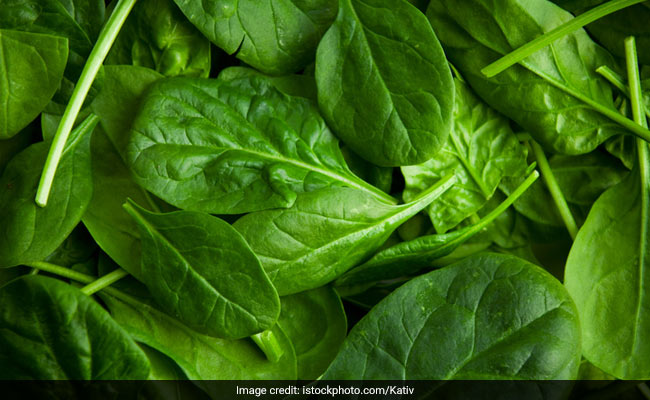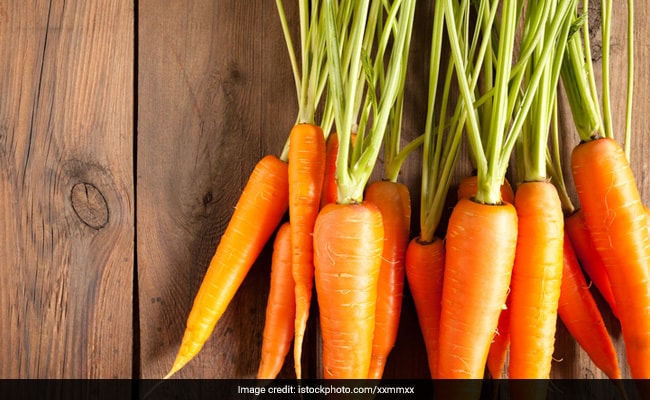
Vegetables for weight loss? Yes, these are the protagonists found easily in your fridge and kitchen that will actually help you lose weight. Backed by science and health experts around the world, vegetables, especially non-starchy ones, could possibly accelerate your weight loss programme. Why, you ask? Vegetables are low in calories and are packed with vitamins and minerals, along with a high content of fibre and water, all of which are great reasons to add them to you diet regularly. Nutritionists suggest that veggies are low in calorie density; meaning that they provide bulk to your plate without significantly adding calories to your body, thereby facilitating weight loss. Having said that, eating vegetables that are in season is even healthier. Farming puts us in sync with the cycle of nature, and with every change of season our nutritional needs also change. Seasonal foods address the change in nutrition better, and in the long run can help the body perform its functions in a better way.
5 Winter Veggies For Healthy Weight Loss
Spinach (Palak)
Spinach (also known as palak in Hindi) is great for burning belly fat and is quite nutritious as well. Packed with twice as much fibre as any other green vegetable, it is everyone's favourite green leafy vegetable in winters. In addition to fibre, palak is rich in vitamin A, C and K, magnesium, iron and manganese. Add a little cooked or blanched spinach to your breakfast omelette or lunch tiffin to set your body on track for some major fat burn.
(Also Read: 11 Healthy Spinach Recipes | Palak Recipes)

Packed with twice as much fibre as any other green vegetable, palak is everyone's favourite green leafy vegetable in winters.
Green Peas
Green peas are a great way to load up on protein. And not just protein, green peas are a good source of carbohydrates and fibre as well. It is said that one cup of green peas contains about 120 grams of carbs. Peas are also a low-fat veggie and have zero cholesterol. Add them to curries, salads, sandwiches, porridges, broths, stew and wherever you want!
Carrots
Naturally low in calories and full of nutrients, carrots can help you lose weight. "A cup of raw carrot sticks has only 50 calories, which is just three percent of the daily calorie budget in a 1,500-calorie diet;" says Health Practitioner, Nutritionist and certified Macrobiotic, Shilpa Arora ND. If you're trying to lose weight in the healthiest possible way, then eating carrot sticks will help you make it possible. Moreover, carrots are a good source of beta carotene, which is a natural pigment that is used by the body to make vitamin A. Carrots are also know to be a healthy source of fibre.

Naturally low in calories and full of nutrients, carrots can help you lose weight.
Beetroot
Although this winter veggie has a high sugar content, it is low in calories and almost fat-free. Since it is loaded with fibre and helps you feel full on lower calories. Moreover, beetroot is packed with minerals and vitamins and helps improve your overall health.
Radish
Radish is low in calories but can be quite filling because of the high fiber content. Fibre helps you feel full for longer and prevents cravings. 100 grams of radish contains only 3.4 grams of carbs.
Winters come with several healthy vegetables that help you stay warm and healthy through the cold days. Try to add a variety of seasonal veggies to your meals during this and experiment with fresh flavours!
Disclaimer: This content including advice provides generic information only. It is in no way a substitute for qualified medical opinion. Always consult a specialist or your own doctor for more information. NDTV does not claim responsibility for this information.
Track Latest News Live on NDTV.com and get news updates from India and around the world

